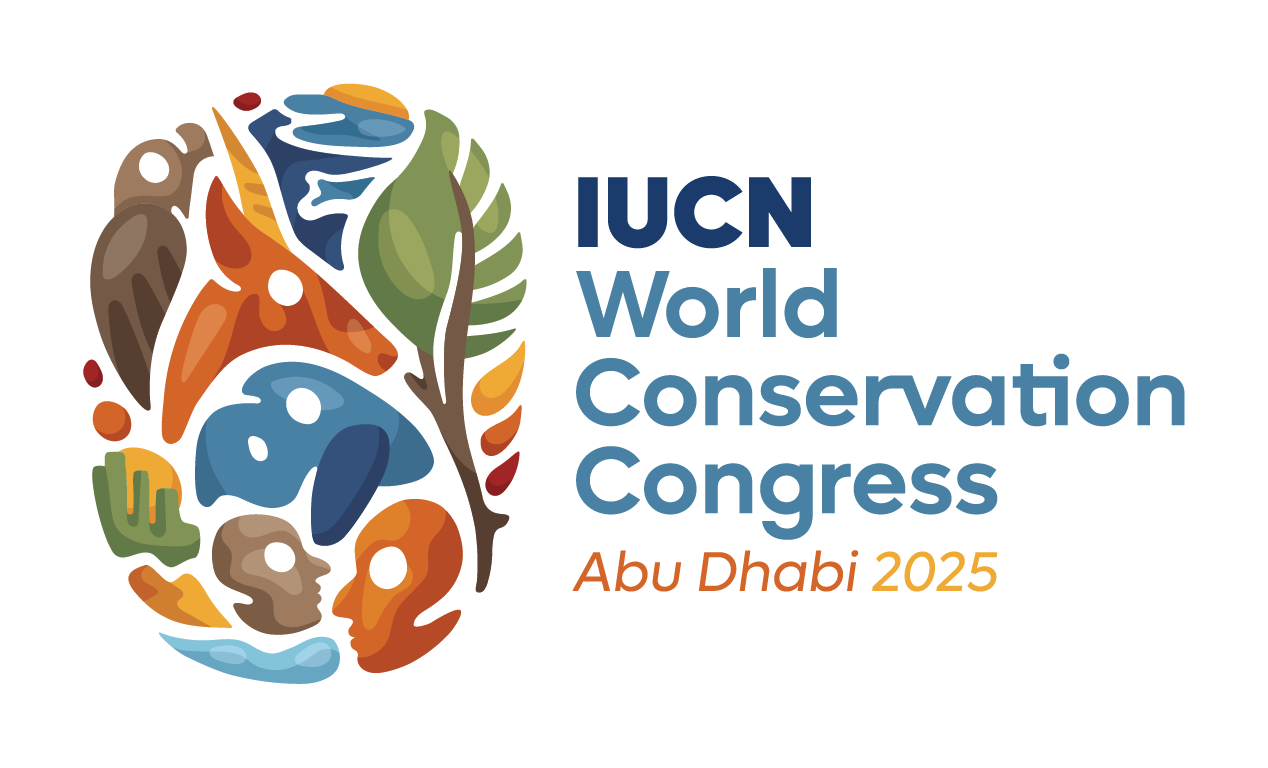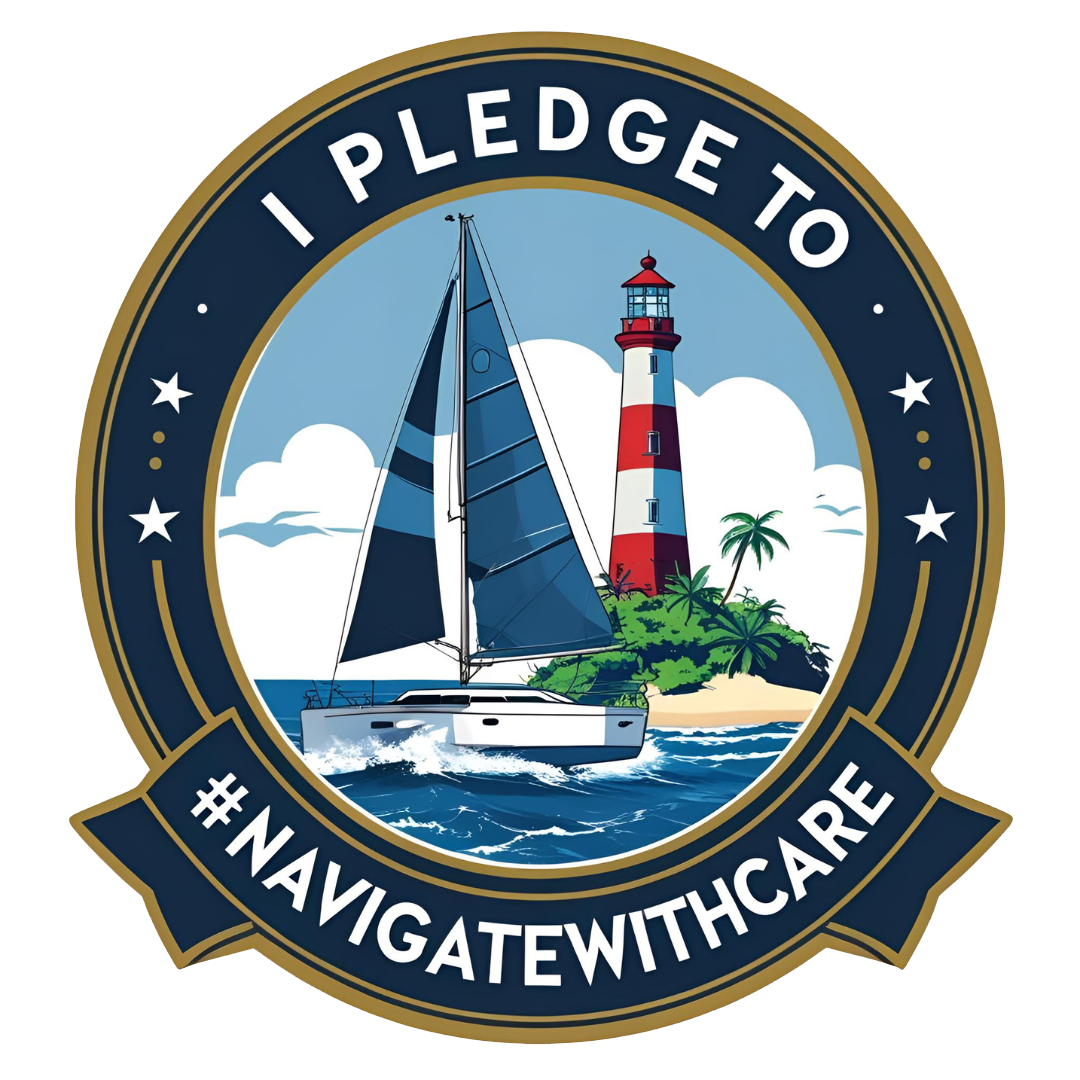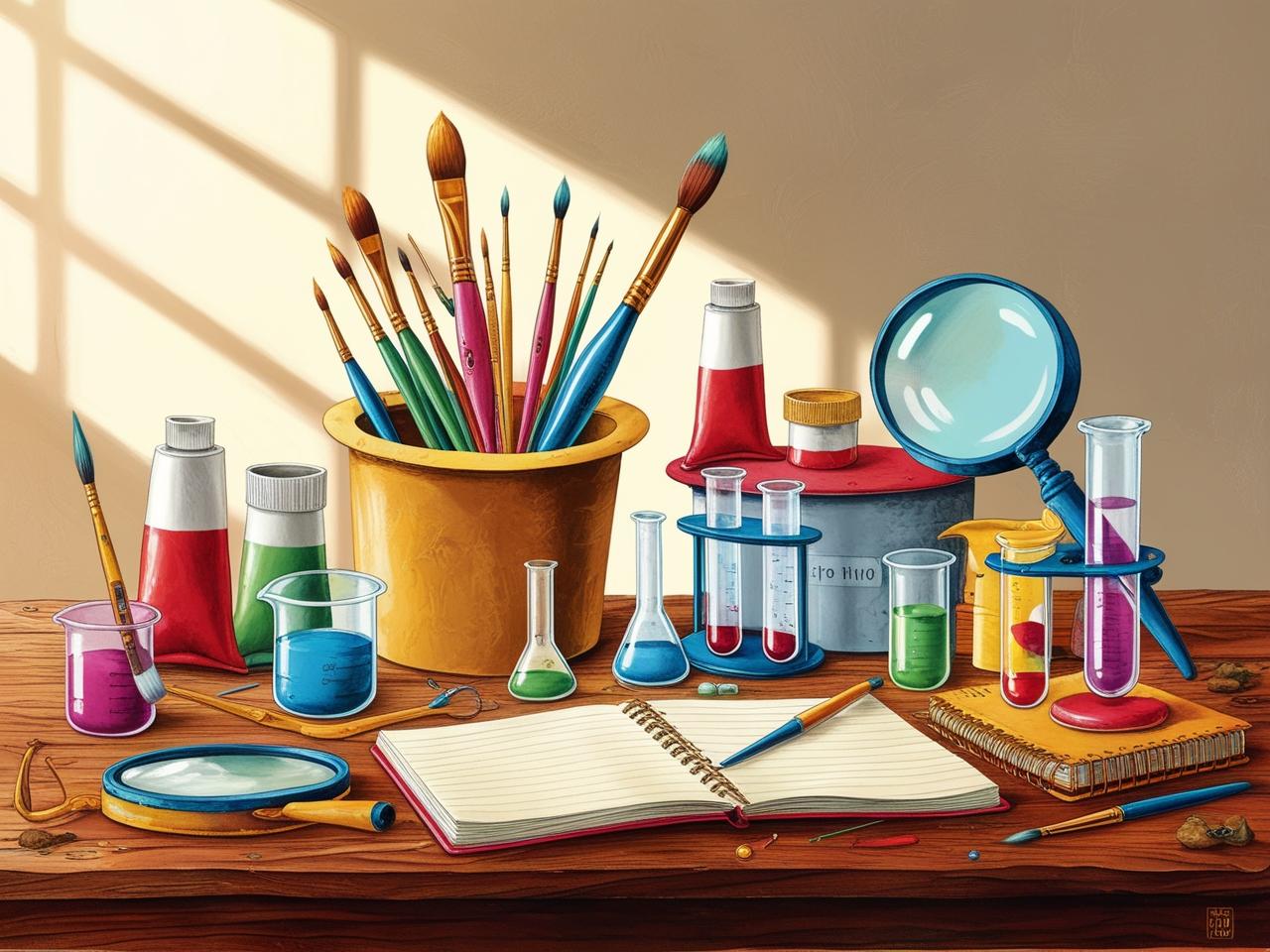
Most people are familiar with STEM education—the integration of science, technology, engineering, and math—but what happens when we add art to the mix? Enter STEAM: an educational approach that not only promotes analytical thinking and problem-solving but also creativity and innovation. At the Khaled bin Sultan Living Oceans Foundation, STEAM plays a central role in our educational programs as we inspire students to explore the natural world while connecting knowledge across disciplines.
Why Is STEAM Important?
STEAM education blends art with other subjects like science and math to develop students’ critical thinking, creativity, and problem-solving skills. By incorporating art, STEAM makes traditionally technical STEM subjects more accessible to all learners, especially those who may be intimidated by science or math alone. Art fosters imagination and expression, offering students different ways to engage with complex concepts. This multidisciplinary approach helps learners visualize problems, explore solutions creatively, and see real-world connections between subjects.
How Do We Incorporate STEAM into Our Programs?
At the Foundation, we incorporate STEAM to help students understand and appreciate the beauty and importance of our oceans while equipping them with the skills they need to address environmental issues.
STEAM is embedded into several of our educational initiatives, such as the Science Without Borders® Challenge, the Reefs at Risk Activity and Coloring Book, and the Coral Reef Ecology Curriculum. Each of these educational tools and programs blends art and creativity into science-based activities, inspiring students to learn about the marine environment in innovative ways.
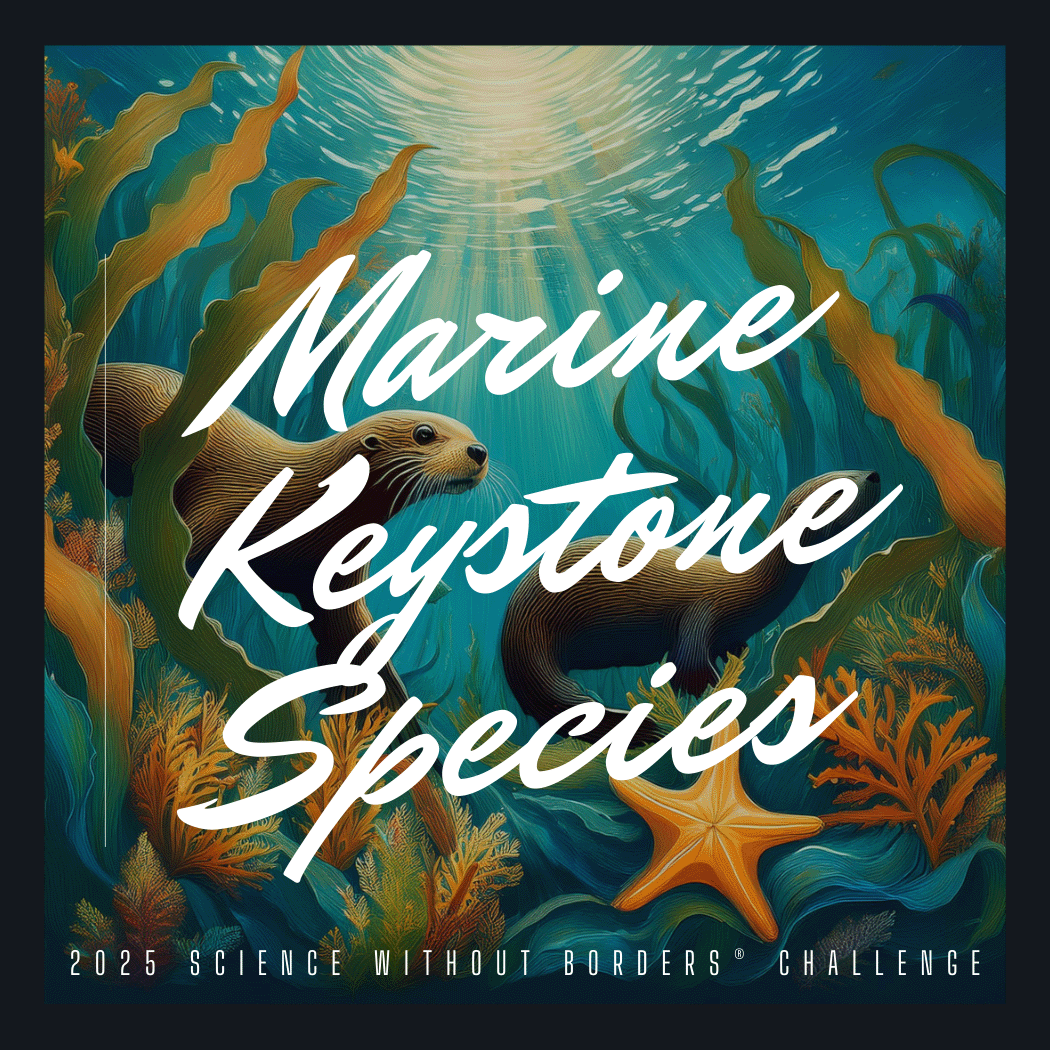
Student Art Contest
The Science Without Borders® Challenge is an international art contest that engages students ages 11-19 in ocean conservation through creativity. By combining science and art, participants illustrate themes related to marine issues, fostering a deeper understanding of the challenges our oceans face. This global competition highlights the power of art to communicate environmental messages and inspire action for ocean conservation.
Submit your entry today! The deadline to enter is Monday, March 3, 2025.
Coloring Book
The Reefs at Risk Activity and Coloring Book uses art to educate students about coral reef ecosystems and the threats they face, such as coral bleaching and climate change. Through interactive activities and coloring, learners can explore complex scientific topics while connecting emotionally to the marine environment. The book offers a fun and educational way to inspire young conservationists worldwide.
Start coloring today to learn about coral bleaching! We offer the coloring book in Arabic, English, French, and Spanish.
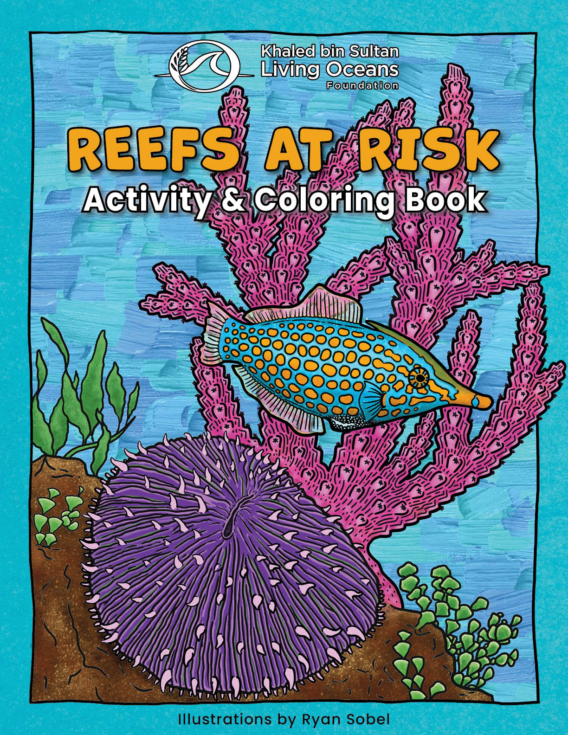
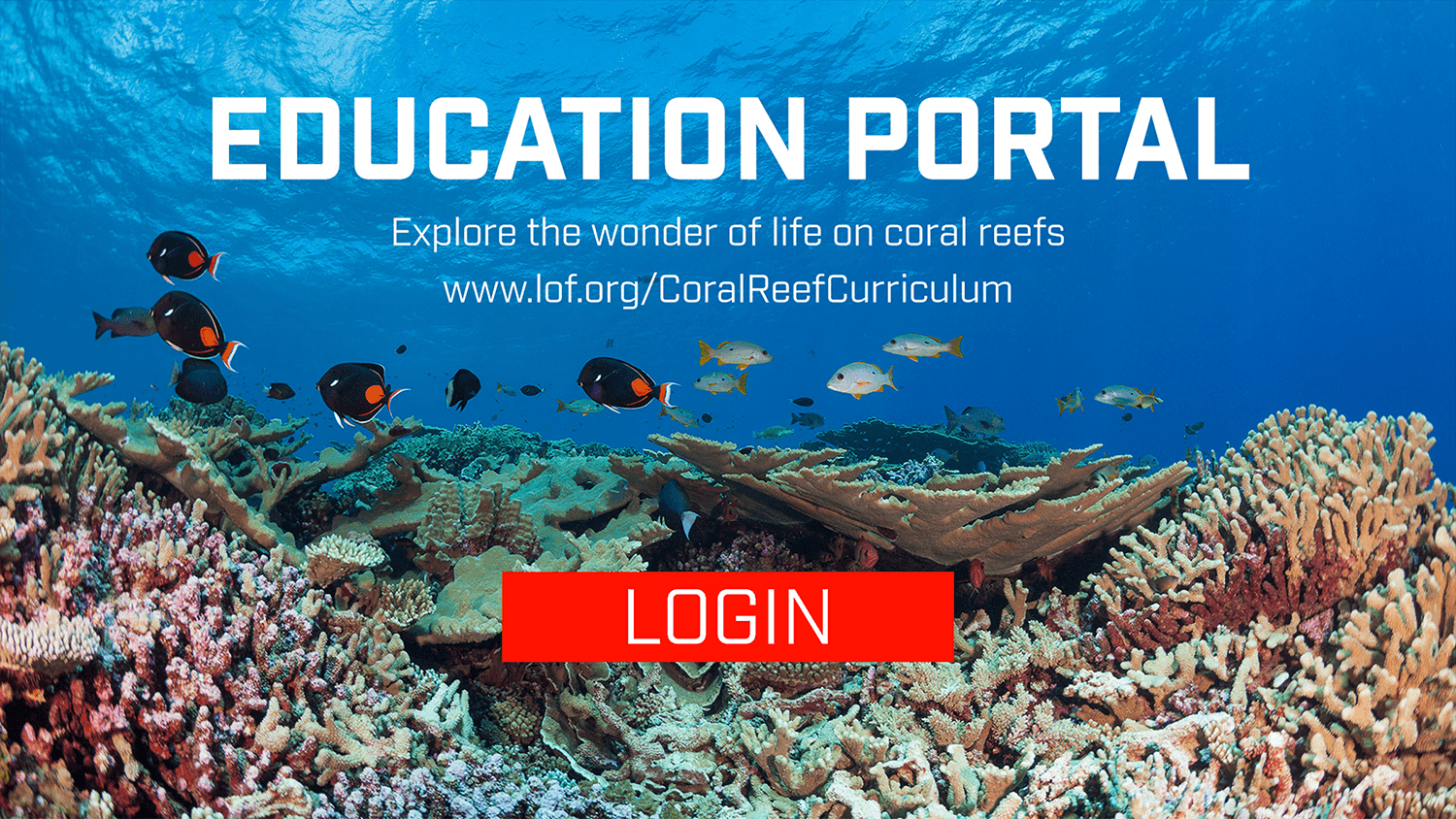
Coral Reef Ecology Curriculum
The Coral Reef Ecology Curriculum is an innovative learning resource designed to teach the fundamentals of coral reef ecology through interactive quizzes, educational videos, games, and activities. Covering topics from coral reef biology to the critical role these ecosystems play in maintaining our planet’s health, the curriculum makes marine science accessible, engaging, and fun for learners of all ages. By integrating art and hands-on activities, it encourages students to explore the beauty and complexity of coral reefs while fostering critical thinking and a deeper connection to the marine environment.
Let’s explore some examples of hands-on STEAM lessons from our Coral Reef Ecology Curriculum that make learning both engaging and interactive:
- Backyard Ecosystem – Go outside and sketch the ecosystem in your backyard or local neighborhood. Count the various abiotic (non-living) and biotic (living) factors in your ecosystem as well as the number and type of each living organism that you see.
- Coral Polyp Eco-Art – Design and build a model of a coral polyp using recyclable materials, modeling clay, or candy.
- Form Fits Function – Draw your favorite plant or animal. Then label at least 20 structures and write the function of each structure that you labeled.
- Round and Round – Create a poster or sculpture that illustrates the cyclical relationship between cellular respiration of a coral polyp and photosynthesis in their zooxanthellae.
- Comic Clones – Create a cartoon strip illustrating one of the four methods of asexual reproduction that corals use to clone themselves.
- Coming Full Circle – Create a story wheel to illustrate the life cycle of a coral.
- Modeling the Reef – Build a model in a shadowbox that illustrates the different coral reef zones.
Ready to dive deeper into coral reef ecology? Sign in to access quizzes and track your progress.
We hope these resources ignite curiosity, foster creativity, and instill a sense of responsibility to protect our planet’s vital ecosystems. Together, let’s bring STEAM to learners and inspire the next generation to take action.

